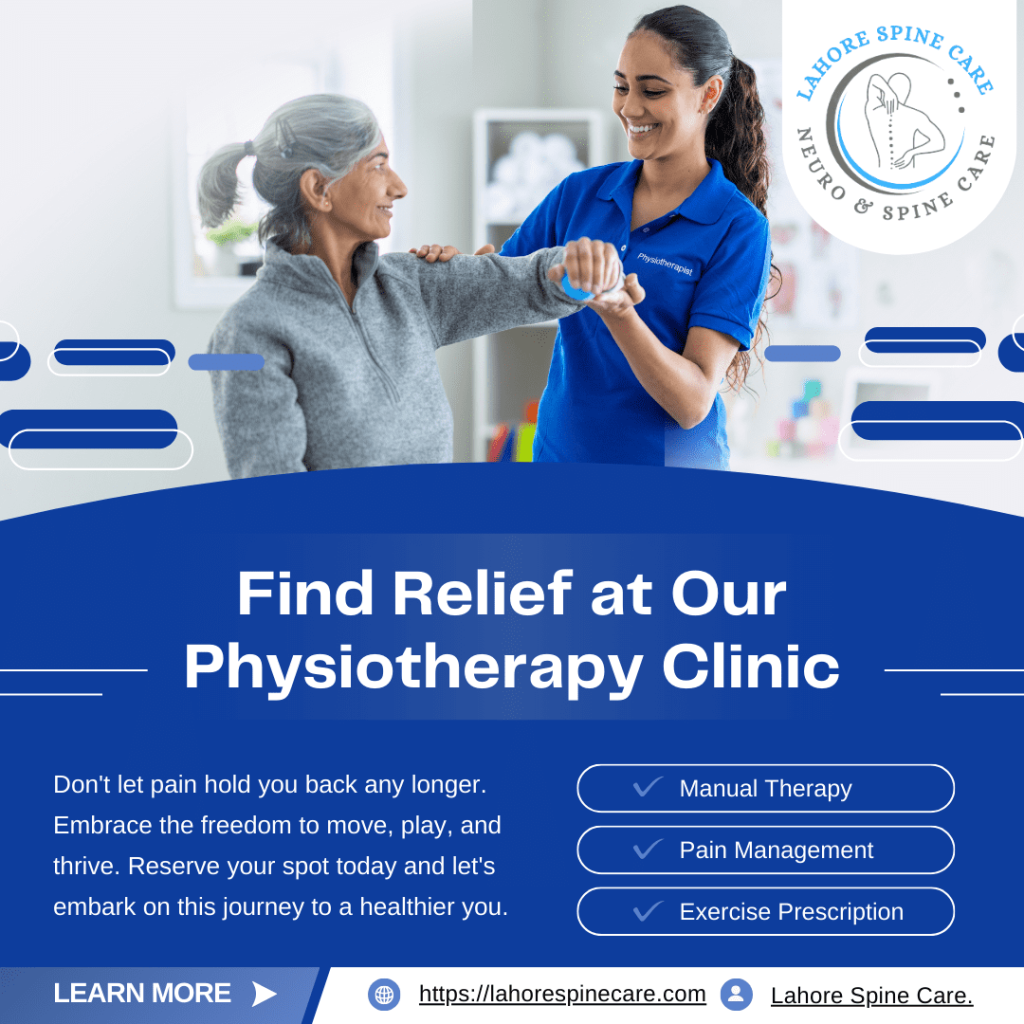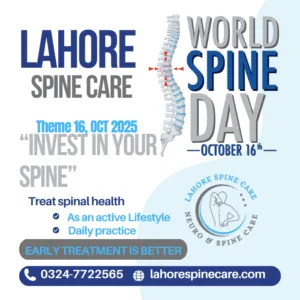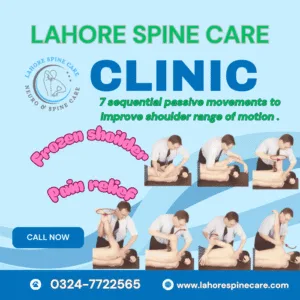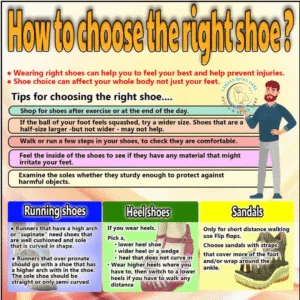
LAHORE SPINE CARE
Frozen shoulder, or adhesive capsulitis, is a condition that can significantly impact your daily life, causing pain and stiffness in the shoulder joint. If you or someone you know is dealing with this condition, understanding its causes, symptoms, and treatment options can be essential in managing and recovering from it effectively.
Table of Contents
ToggleWhat is Frozen Shoulder?
Frozen shoulder is a condition characterized by the thickening and tightening of the capsule surrounding the shoulder joint. This capsule, which is made of connective tissue, becomes inflamed and stiff, leading to restricted movement and pain. The shoulder joint itself is a ball-and-socket joint, and the inflammation and thickening can make even basic movements challenging.
Causes and Risk Factors
The exact cause of frozen shoulder is not always clear, but several factors can increase the risk of developing it:
-
- Injury or Surgery: Shoulder surgery or an injury can lead to a period of immobility, which may trigger frozen shoulder.
-
- Medical Conditions: Certain medical conditions, such as diabetes, stroke, or thyroid disorders, can be associated with a higher risk of frozen shoulder.
-
- Age and Gender: It is most commonly seen in people between the ages of 40 and 60, with women being more likely to develop it than men.
-
- Immobilization: Prolonged immobilization of the shoulder, whether due to a cast or bed rest, can also contribute to the development of this condition.
Symptoms
Frozen shoulder typically progresses through three stages:
-
- Freezing Stage: During this stage, you may experience a gradual onset of pain and stiffness in the shoulder. Movement becomes increasingly difficult, and the pain often worsens at night.
-
- Frozen Stage: In this phase, the pain may decrease, but stiffness and loss of range of motion persist. Daily activities can become challenging due to the limited mobility of the shoulder.
-
- Thawing Stage: The final stage involves a gradual improvement in shoulder movement and a reduction in pain. Recovery can take several months to years.
Diagnosis
To diagnose frozen shoulder, healthcare providers will typically
-
- Review Medical History: Discuss any recent injuries, surgeries, or other health conditions.
-
- Physical Examination: Assess shoulder movement and range of motion.
-
- Imaging Tests: X-rays or MRI scans may be used to rule out other shoulder conditions or injuries.
Treatment Options
While frozen shoulder can be frustrating, various treatment strategies can help manage symptoms and improve shoulder function:
-
- Physical Therapy: A key component in managing frozen shoulder, physical therapy focuses on exercises to improve range of motion and strengthen the shoulder muscles. Your therapist might use techniques such as stretching, strengthening exercises, and manual therapy.

-
- Medications: Over-the-counter pain relievers and anti-inflammatory drugs, such as ibuprofen, can help alleviate pain and reduce inflammation.
-
- Heat and Cold Therapy: Applying heat or cold packs to the shoulder can help manage pain and stiffness.
-
- Corticosteroid Injections: For more severe pain and inflammation, corticosteroid injections may be recommended to provide temporary relief.
-
- Surgical Intervention: In rare cases, if conservative treatments do not provide relief, surgical options such as arthroscopic capsular release may be considered. This procedure involves cutting the tight capsule to release the shoulder joint.
-
- Self-Care: Maintaining an active lifestyle and avoiding prolonged periods of immobility can help prevent the condition from worsening.
Prevention and Outlook
While there is no guaranteed way to prevent frozen shoulder, staying active and avoiding prolonged shoulder immobility can reduce your risk. For those already affected, early diagnosis and treatment are crucial in managing symptoms and improving outcomes.
With appropriate treatment and rehabilitation, most people with frozen shoulder experience a significant improvement in symptoms and shoulder function over time. While the recovery process can be slow, understanding the condition and working closely with your healthcare provider can help you navigate the challenges and get back to your daily activities.
Frozen shoulder can be a frustrating and painful condition, but with the right approach, you can regain your shoulder’s mobility and return to a more active, pain-free life.


The Power of Turmeric: Its Uses, Potential Side Effects, and More

Best Spine Treatment Services in DHA Phase 6, Lahore

World Spine Day 2025: Raising Awareness for a Healthier Spine on October 16

The Spencer Technique for Shoulder Pain Relief: How It Works and What to Expect

how to choose the right shoe for spine health
LAHORE SPINE CARE is proudly powered by WordPress